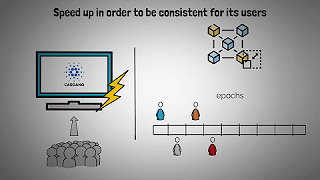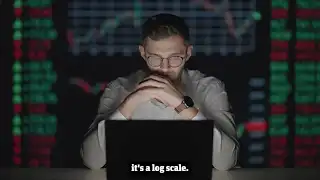In a surprising turn of events, Bitcoin (BTC) transaction fees have recently surpassed Ethereum (ETH) fees, marking a significant shift in the fee landscape. On November 20, Bitcoin’s average daily transaction fee reached $10.34, while Ethereum’s average fee stood at $8.43.

This surge in Bitcoin transaction fees is primarily attributed to the growing popularity of the Ordinals Protocol, which enables the creation of non-fungible token (NFT)-like assets and BRC-20 tokens on the Bitcoin blockchain. After a period of relative inactivity, Ordinals-based assets experienced a meteoric rise in late October, as per data from Dune Analytics.
Since October 24, over six million Ordinal assets have been inscribed, resulting in the redistribution of more than 800 BTC in fees ($30 million) to the network. This momentum gained further traction when ORDI, the second-largest BRC-20 token by market capitalization, was listed on Binance on November 7. The listing sparked a surge in buying activity for BRC-20 tokens, driving the price of the ORDI token up by over 50%.
Further fueling the rise in Bitcoin transaction fees is the Taproot Wizards project, which is built on the Ordinals protocol. On November 17, Taproot Wizards announced a $7.5 million seed funding round, injecting further enthusiasm into the Ordinals ecosystem.
Analysis:
The surge in Bitcoin transaction fees due to the Ordinals Protocol highlights the potential for scalability issues on the Bitcoin blockchain. Despite the recent upgrades to the Bitcoin network, such as Taproot, the network’s capacity to handle a large volume of transactions remains limited.
The rise of Ordinals-based assets and BRC-20 tokens on the Bitcoin blockchain could potentially attract new users and developers to the ecosystem. However, it is crucial to address the scalability concerns to ensure the network can accommodate the growing demand without compromising transaction fees and confirmation times.
Key Takeaways:
- Bitcoin transaction fees have surpassed Ethereum fees, primarily due to the Ordinals Protocol.
- The Ordinals Protocol enables the creation of NFT-like assets and BRC-20 tokens on the Bitcoin blockchain.
- The growing popularity of Ordinals-based assets has led to increased network congestion and higher transaction fees.
- Addressing scalability issues on the Bitcoin blockchain is crucial for sustainable growth and adoption.
Here are some specific things to watch for in the coming months:
- The continued adoption of the Ordinals Protocol and its impact on Bitcoin transaction fees.
- Potential upgrades to the Bitcoin network to enhance scalability.
- The overall growth and development of the Bitcoin ecosystem.
The emergence of the Ordinals Protocol and the subsequent surge in Bitcoin transaction fees demonstrate the evolving role of Bitcoin and its potential as a platform for more complex applications beyond simple peer-to-peer transactions. As the Bitcoin ecosystem continues to expand and diversify, addressing scalability issues will be paramount to ensuring its long-term viability and success.









Discussion about this post